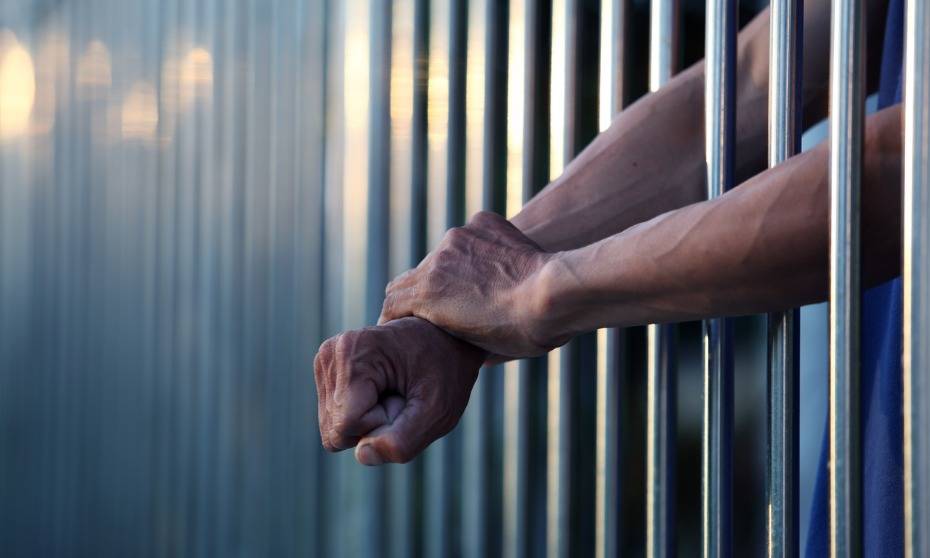
The chief ombudsman reported that prisoners’ ability to communicate was limited by distance and lack of time out of cell

Access to their legal representatives has been compromised for many prisoners, a study presented by the New Zealand Human Rights Commission has found.
Chief Ombudsman Judge Peter Boshier said in the commission’s 2018/19 Monitoring Places of Detention report that due to an increase in prisoner population, a large percentage of detainees have been moved out of their home regions. According to the Department of Corrections, 20% of prisoners were situated out of region as of 30 April 2019.
“As a consequence, opportunities for maintaining family contact, keeping connections with whänau and access to existing legal representation were compromised,” Boshier said.
The results of surveys conducted among prisoners indicated that an average of 60% of respondents thought visitation was difficult for family and friends, and an average of 77% did not get weekly visits.
Limited time out of cell also affected prisoners’ ability to communicate with their legal representatives.
Boshier reported that just 22% of survey respondents got to leave their cells for more than eight hours on weekdays to attend to case management, communication with family and whänau, exercise, work, education and training, among other activities. Moreover, only 11% got to leave their cells for less than two hours a day. As a result of their constant confinement, prisoners experienced frustration and boredom; in many cases, they saw their physical and mental health decline. The shortage of staff in prisons was a contributing factor to restricted time out of cell.
Moreover, the study found that case management was poor for prisoners. Prisoner-respondents claimed that there was a great need for more case managers, as some had been detained for years without having been given access to one.
Boshier said that he had identified a few key problems in the case management system for prisoners, including:
One respondent said that submissions to the parole board and information “don’t arrive to the board on time, and at times important information is missing. Having other important objectives achieved for the parole board not done does not give me confidence of a positive outcome.”
“Timeliness and quality of case management practice needed to improve, including prisoners’ access to a case manager,” Boshier said.
The 2018/19 Monitoring Places of Detention report provides an overview of activities under the Optional Protocol to the Convention Against Torture every year. The study conducted covers the time period of 1 July 2018 to 30 June 2019, and contains reports from the Office of the Children’s Commissioner, the Office of the Ombudsman, the Office of the Judge Advocate General and the Independent Police Conduct Authority.